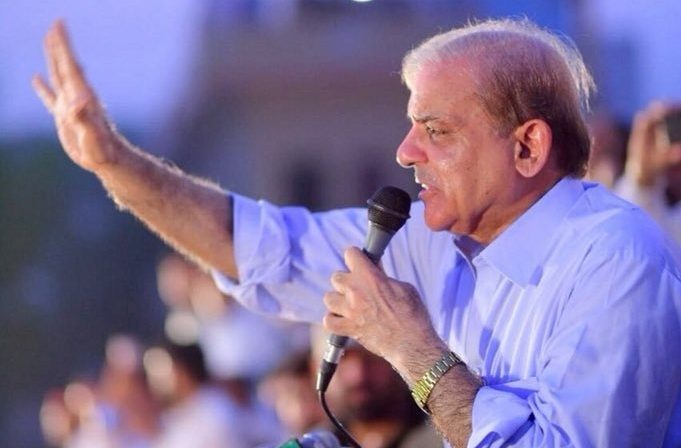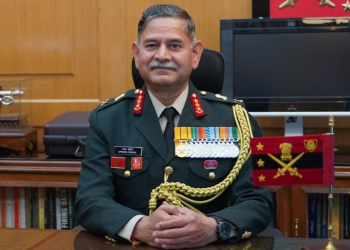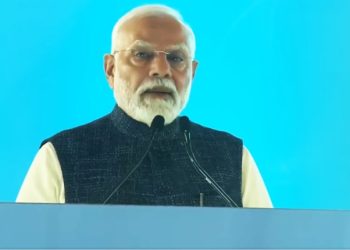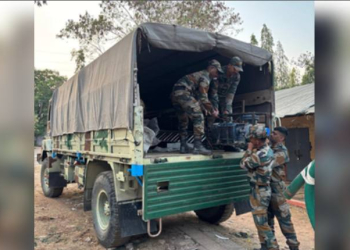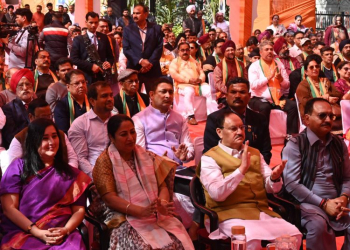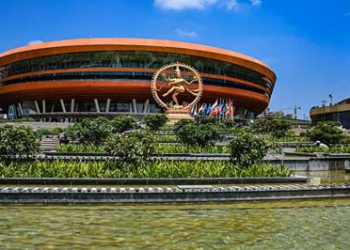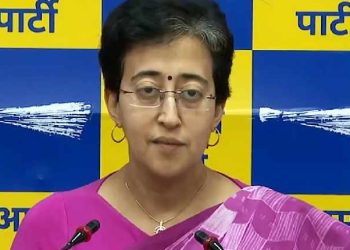New Delhi: Pakistan’s new prime minister Shehbaz Sharif has sought peaceful ties with India and wants to resolve all issues, including Kashmir, with New Delhi with “meaningful engagement”.
In a letter written to the Indian Prime Minister Narendra Modi, Sharif said socio-economic development of the people of the two countries as well as the region can be achieved through meaningful India-Pakistan engagement and peaceful resolution of “all outstanding disputes” including that of Jammu and Kashmir. He further wrote that a “peaceful and cooperative” ties between Pakistan and India are imperative for the socio-economic development of the people of the two countries and the region.
Sharif’s letter was in response to a missive from Modi congratulating him on his election as the Pakistani prime minister.
“India desires peace and stability in a region free of terror so that we can focus on our development challenges and ensure the well-being and prosperity of our people,” Modi wrote in his Twitter post.
Responding to the tweet, the new PM Sharif said: “Thank you Premier Narendra Modi for felicitations. Pakistan desires peaceful & cooperative ties with India. Peaceful settlement of outstanding disputes including Jammu & Kashmir is indispensable. Let’s secure peace and focus on socio-economic development of our people,” wrote Shehbaz Sharif.
Earlier, Pakistan has granted an extension to India for the transportation of wheat and life-saving medicines to Afghanistan via Pakistan.
“The time period granted for transportation of humanitarian assistance expired on March 21, 2022. The Government of India recently requested for extension in time period to complete the transportation process,” said the Pakistani foreign office on Sunday.
According to Pakistani watchers, there is a possibility of thaw as both the leaders of India and Pakistan indicate in their communication. Though the rhetoric around Kashmir in Pakistan’s politics also means that more often than not, bilateral ties end up taking two steps back for every step forward.
The ceasefire agreement — the peace has largely been held since February 2021 — made room for continuing discussion on “core concerns” while allowing cooperation wherever possible but former Prime Minister Imran Khan, seeking to forge an anti-India Islamic front with countries such as Turkey and Malaysia, made it clear that “there can be no normalisation of relations with India until reversal of changes made by India in J&K before resuming trade”.
The all-powerful Pakistani army chief General Qamar Javed Bajwa, again signalled that Pakistan is ready to move forward if India agrees to do so in the first week of this month when it became certain that Imran Khan is out. India in any case , more than words, would be looking for meaningful action, including restraining terror groups inside Kashmir marshalled by the Inter-Services Intelligence (ISI), Pakistan’s spy agency.
In his keynote address on April 2 at the Islamabad Security Dialogue (ISD), Bajwa said that while modernising the Pakistani military, Pakistan’s emphasis will be on geoeconomics: development and connectivity, and peace with neighbours, especially India.
“Pakistan will benefit if we improve ties with India. We have wasted 70 years; it is time to move on. Let us sit down and resolve our issues including Kashmir. We want development first. Pakistan is working on north to south (Pakistan to Afghanistan to central Asian republics and Russia) connectivity. We also want east to west (India to Iran) connectivity and trade which will benefit both Pakistan and India,” Bajwa said.
India has been maintaining that it desires normal neighbourly relations with Pakistan while insisting that the onus is on Islamabad to create an environment free of terror and hostility for such an engagement.
(IANS)



